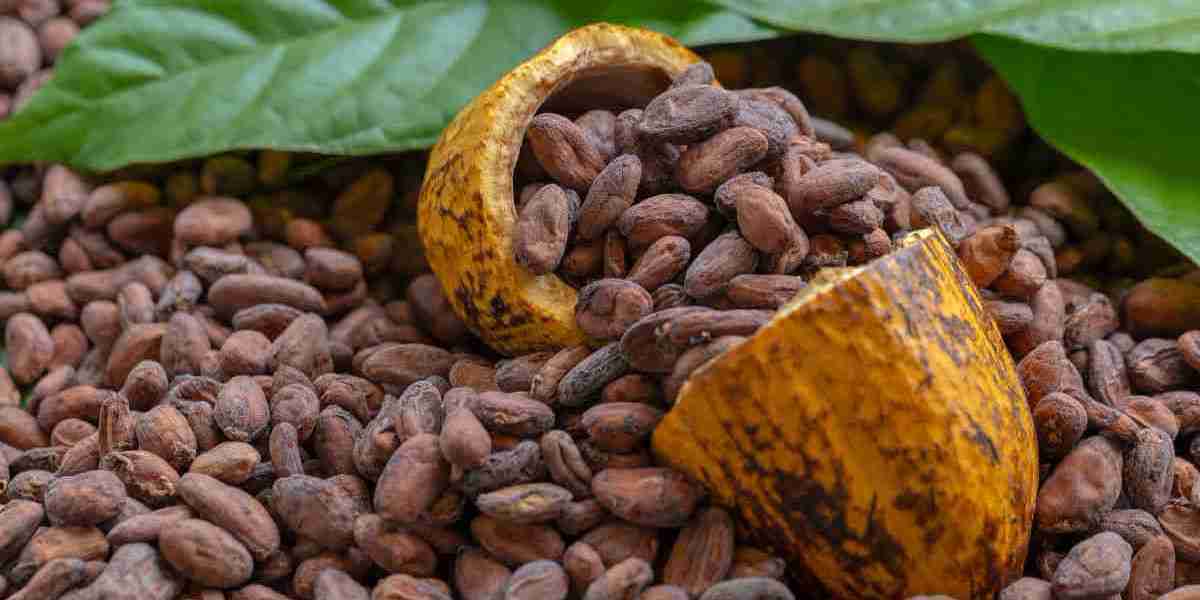In the realm of gastronomy, few ingredients possess the transformative power and universal appeal of sugar. From delicate pastries to indulgent desserts, from savory sauces to comforting confections, sugar serves as a cornerstone of culinary creativity, elevating flavors, textures, and aromas to new heights. As we delve into the rich history, diverse varieties, and multifaceted uses of sugar, we uncover a tale of sweetness, complexity, and the enduring allure of one of nature's most enchanting gifts.
A Sweet Journey Through History
The story of sugar is as old as civilization itself, with evidence of its cultivation and consumption dating back thousands of years. Originating in Southeast Asia, sugarcane was revered by ancient cultures for its sweetness and energy-boosting properties. As trade routes expanded and empires rose and fell, sugar became a coveted commodity, prized for its rarity and luxury. The cultivation of sugarcane spread across the globe, from India and China to the Mediterranean and eventually the New World, shaping economies, cultures, and cuisines along the way.
The Art of Extraction
The journey from sugarcane to sugar involves a complex process of extraction, refinement, and crystallization that has been perfected over centuries. After harvesting, sugarcane is crushed to extract its juice, which is then boiled, clarified, and evaporated to produce raw sugar crystals. Further processing and refining yield various types of sugar, including granulated sugar, brown sugar, powdered sugar, and specialty sugars such as demerara, turbinado, and muscovado. Each type of sugar offers unique flavor profiles and culinary applications, ranging from subtle sweetness to rich caramel notes.
Versatility in the Kitchen
Sugar's versatility in the kitchen knows no bounds, as it plays a pivotal role in a wide range of culinary creations across cultures and cuisines. In baking, sugar not only sweetens but also tenderizes, caramelizes, and adds moisture to cakes, cookies, and pastries. In savory dishes, a touch of sugar can balance acidity, enhance flavors, and create depth of taste in sauces, marinades, and dressings. In beverages, sugar serves as a natural sweetener for cocktails, teas, and coffees, imparting a pleasant sweetness and roundness to the palate.
Cultural Significance
Beyond its culinary uses, sugar holds profound cultural significance in societies around the world, symbolizing hospitality, celebration, and social bonding. In many cultures, sugary treats are associated with festive occasions such as weddings, birthdays, and religious festivals, where they serve as offerings to guests and expressions of joy and abundance. Sugar also features prominently in rituals and ceremonies, from the sharing of sweets during Diwali in India to the tradition of sugaring almonds at weddings in Mediterranean cultures. Across continents and centuries, sugar has remained a symbol of generosity, warmth, and shared pleasure.
Navigating the Sweet Debate
While sugar is undeniably a source of pleasure and indulgence, it also has its detractors who raise concerns about its impact on health and well-being. Excessive consumption of sugar has been linked to a range of health issues, including obesity, diabetes, and cardiovascular disease. As a result, there is growing interest in alternative sweeteners such as honey, maple syrup, and stevia, which offer sweetness with fewer calories and a lower glycemic index. However, moderation and mindfulness remain key principles in enjoying sugar as part of a balanced diet, allowing for the pleasures of sweetness while prioritizing overall health and wellness.
In conclusion, sugar is not just a simple ingredient but a symbol of human ingenuity, cultural exchange, and the universal quest for pleasure and nourishment. As we savor the myriad delights that sugar has to offer, let us also appreciate its rich history, diverse uses, and enduring presence in our lives. Whether enjoyed in a decadent dessert or a comforting cup of tea, sugar continues to captivate our senses and inspire the artistry of culinary alchemy in kitchens around the world.








